Yashwantrao Chavan Maharashtra Open University (YCMOU) is a prominent institution founded by the Maharashtra State Legislature. It holds the distinction of being the Fifth Open University established in India. The university's headquarters is located in Nashik, and it operates through Regional Centers in eight different regions, supplemented by 1711 learners' support centers across the State of Maharashtra.
YCMOU is authorized to confer various academic honors, including certificates, diplomas, and degrees. The YCMOU University is committed to maintaining the highest educational standards by meticulously designing curricula, developing courses, and evaluating learners' performance.
YCMOU Admission Process for Distance Programs is designed to be accessible and user-friendly. Prospective students can visit the university's official website to explore the programs, understand the eligibility criteria, and access the application forms. Online application submission, payment of fees, and document verification are critical steps in the admission process.
The university often conducts counseling sessions and orientation programs to familiarize students with the expectations and requirements of the chosen program.
|
Name of the university |
Yashwantrao Chavan Maharashtra Open University |
|
location |
Nasik, Maharashtra |
|
Established in |
1989 |
|
Is it UGC Approved |
UGC-DEB, AICTE |
|
Mode of application |
Online |
|
Entrance exams required |
YMCOU CET |
|
YCMOU Course list |
BSc, BA, B Com, B.Ed, B Lib, BBA, BCA, MA, MSc, M Com, M.LibISc, MPH, MBA, PG Diploma |
|
Official website |
https://www.ycmou.ac.in/ |
|
Email id |
nondani@ycmou.ac.in |
YCMOU initiates its admission process for various programs annually, with the registration window typically open from July to August for the upcoming academic year. The admission process involves three categories: online annual admission, new/fresh admission, and online further admission.
Annual YCMOU Online Admission is applicable for the first year or odd and even semesters. During the application process, students must pay the University Share Fee (USF), LSC Share, Mandatory Fee, and Exam Fee for both semesters.
New/fresh admission is for the lowest numbered semester and necessitates submitting attested scanned photocopies of relevant documents and making program-specific fee payments online. Further admission (semester three and so on), available to students with Permanent Registration Numbers (PRNs), follows a similar process.
The MBA admission process is conducted online, ensuring a seamless and efficient application experience. Prospective candidates must register through the university's specified online portal and provide their educational and personal details. Upon successful registration, candidates should collect the online receipt generated during the process and submit it to the Headquarters Centre for confirmation of admission.
YCMOU Distance MBA Eligibility
YCMOU Distance MBA Selection Criteria
The selection process for the MBA program at YCMOU involves a two-fold approach: eligibility verification and performance in the Common Entrance Test (CET).
YCMOU MA Admission
The university accepts applications on a first-come, first-served basis. The MA program at YCMOU does not require an entrance exam. However, it has limited seats, with a maximum of 25 for each of the four master's degree programs, including an MA in Marathi, English, Education, and Hindi.
Interested candidates can access admission forms and program details on the YCMOU website (ycmou.ac.in).
Specializations
YCMOU M.Sc. Admission
Admission to the MSC doesn't require an entrance exam. Selection is solely based on academic merit. However, the minimum academic criterion is holding a BSc degree in a relevant discipline. The eligibility verification and accurate submission of documents and fees are essential for enrollment. Expert counselors conduct sessions (CS) at Learning Support Centers (LSCs) to address students' doubts and facilitate practical activities.
Specializations
At the UG level, YCMOU offers admission to distance learning courses such as BA, BBA, B.Lib, BSc (Agri), BCA, and B Com. The admission process involves online applications and registration. Applicants must complete the necessary online forms with correct information and upload scanned copies of the required documents. They must submit the forms before the YCMOU Admission Date.
Students are encouraged to choose their Learner Support Centre (LSC) after thoroughly evaluating the centers listed on the university's website. Admission guidelines and specific program information can be found on the university portal or by visiting the chosen LSC.
Bsc in YCMOU
The admission process is designed to streamline candidates' enrollment into various academic programs. The submission process usually involves an application fee of around INR 260. Candidates must pay the fee only through the specified online payment methods.
YCMOU BSc Admission Criteria:
Merit-based selection is conducted in programs with a substantial number of applicants. It involves evaluating the candidates' academic performance, calculating aggregate marks, and considering relevant qualifications. This process aims to shortlist the most deserving candidates based on their achievements. Upon successful selection, the institution extends a formal admission offer to the selected candidates.
YCMOU B.Ed Admission
Candidates should have a Bachelor's degree in any discipline from a recognized university.
Generally, candidates must have secured a minimum aggregate score of 50% (45% for reserved categories) in their qualifying degree. It may require candidates to have a minimum specified period of teaching experience (usually one to three years) in a recognized school. Enrolled applicants can access the YCMOU B.Ed Syllabus on the website.
To guide you through the steps, please follow the instructions provided below:
Learner Support Centres (LSCs):
Counseling Sessions:
Mentorship:
On-Job Training:
Online Platforms:
Library Services:
0253-2231714
Dnyangangotri , Near Gangapur Dam, Nashik, Maharashtra, India
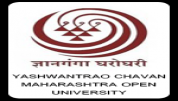
| >> Master of Business Administration | Fees : Rs. 13200 |
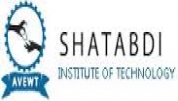

| >> Master of Business Administration | Fees : Rs. 165040 |
.jpg)
| >> Master of Business Administration | Fees : Rs. 140800 |

| >> Master of Business Administration | Fees : Rs. 151232 |
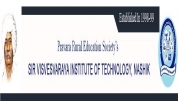

| >> Master of Business Administration | Fees : Rs. 206000 |
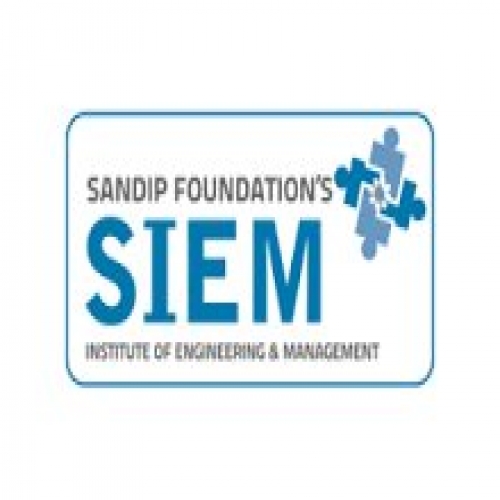

| >> Master of Business Administration | Fees : Rs. 140000 |
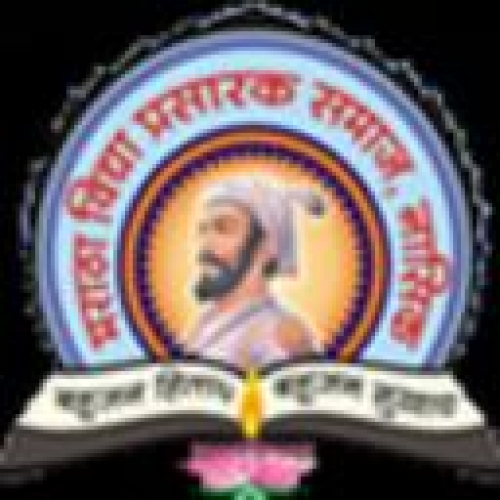
| >> Master of Business Administration | Fees : Rs. 221000 |
YCMOU provides Distance MBA courses approved by UGC-DEB and AICTE with focus areas in Human Resource Management, Finance Management, Marketing Management, Fashion Design, and Material Management. For YCMOU Distance MBA admission, candidates must pass a bachelor’s degree and must score a minimum mark in CET conducted by YCMOU, and for SC/ST/OBC candidates, there is a relaxation of 5% on the minimum percentage. YCMOU CET entrance examination fee is INR 500. The YCMOU admission process is done online where the candidates need to attach documents and an approximate fee of INR 100 needs to be paid. YCMOU thus guarantees that education to be easily accessed coupled with the highest quality through the simple admission system and the elaborate distance education system.